
The Literacy Coordinating Council (LCC) conducted its 2019 Non-Government Organization (NGO) Forum on October 24, 2019 at Robbinsdale Residences, Quezon City. With the theme, “Strengthening Partnerships for Inclusive and Equitable Functional Literacies,” the one-day LCC-NGO Forum featured dynamic discussions about Policies and Programs for Inclusive and Equitable Literacies, Updates on the ALS-EST Pilot Implementation (presented by Ms. Merlie J. Asprer of DepEd CO) and the Brigada Pagbasa program (introduced by Mr. Jett P. Jetonzo of World Vision), as well as Sharing of Good Literacy Practices from selected NGOs.
LCC Chairperson Diosdado M. San Antonio, DepEd Undersecretary for Curriculum and Instruction, officially commenced the forum with a message. He remarked that if we do not focus on equitable literacies, children would not be equipped with functional literacies. He also challenged everyone not to leave behind a single child unable to read. This was followed by an overview of the conference led by E-Net Philippines President Prof. Flora C. Arellano who also introduced the participants. She expressed her gratitude to DepEd and LCC for being great leaders in universalizing literacy, in cooperation with civil society organization (CSO) E-Net Philippines. Through their long-time partnership, they were able to conduct this said forum.
Mr. Ramon G. Mapa, E-Net Philippines Board of Trustee and Executive Director of People’s Initiative for Learning and Community Development (PILCD), shared the Adult Learning and Education in the Context of Global Report, emphasizing on the importance of adult learning and education, Sustainable Development Goals (SDGs) and issues and challenges in education as a whole. Pastor Ephraim Pitogo also presented the SULADS’ HEAL program, which is a three-time first place winner in the National Literacy Awards making it the first NGO LCC Hall of Fame Awardee for Outstanding Literacy Program. SULADS, Inc. is an organization reaching the unreached Mindanao tribes with the aim of training and serving them through their four-pronged Health, Education, Agriculture and Livelihood (H.E.A.L) program. As a community dreaming of being an agent of change to make a better world through Education, SULADS also reaches the communities of Lumads, Muslims, Mangyans and the Deaf. Last to share their innovation and experience in ALS is Mr. Lito T. Jugatan a.k.a. Tubag, President of Lubos na Alyansa ng mga Katutubong Ayta ng Sambales (LAKAS). Their programs focus on establishing schools for the Ayta community, including the Paaralang Bayan ng mga Ayta sa Zambales (PBAZ) and LAKAS High School, which were built in 2002 and 2013, respectively. The LAKAS President ensures that these schools aimed to maintain the tradition and beliefs of Ayta, untouched by the culture and principles of the “Unat”.
Parallel Workshops on Strengthening Policies and Programs for Inclusive and Equitable Literacies were also done which were divided into three (3) clusters, to wit: Equitable and Inclusive Literacy Policies; Ensuring Data Capturing, Utilizing, Tracking, Reporting and Monitoring; and Recognition and Accreditation of other Modes of Literacies. The activity was concluded by LCC member Mr. Edicio G. Dela Torre hoping that through the annual conduct of the LCC-NGO Forum platform, the NGO Sector will be formalized, literacy resolutions enacted, and criteria on selecting NGOs to be future Literacy Partners developed.
The 2019 NGO Forum, which was graced by Quezon City Mayor Joy Belmonte’s official representative, Ms. Aly Medalla of Education Affairs, and Dr. Juan C. Obierna of DepEd Schools Division Office of QC, was also participated in by some LGU officials from Luzon.
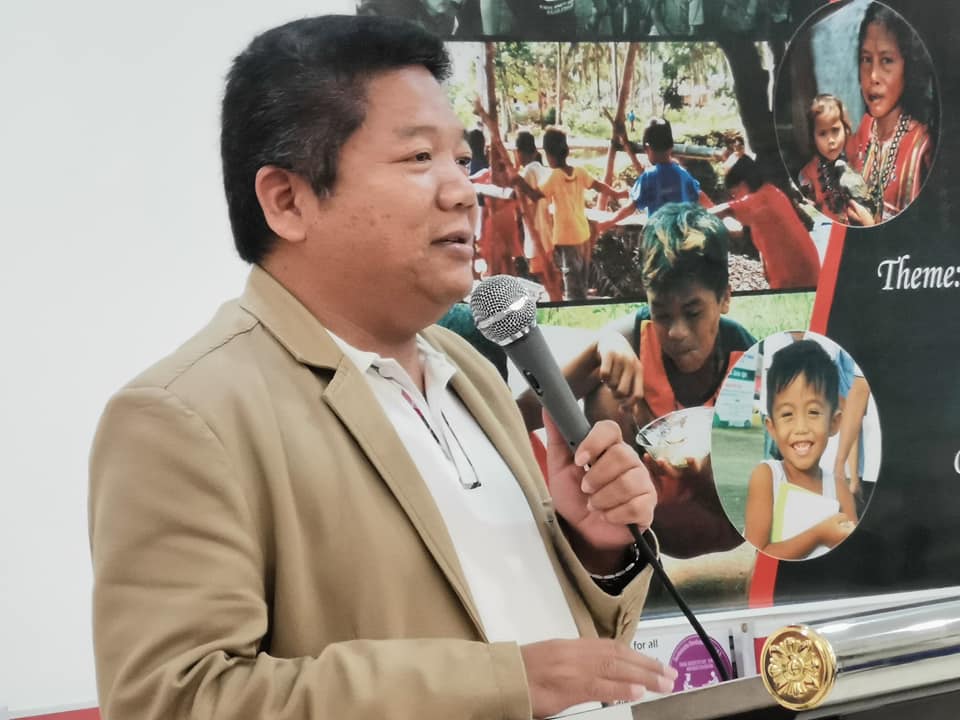
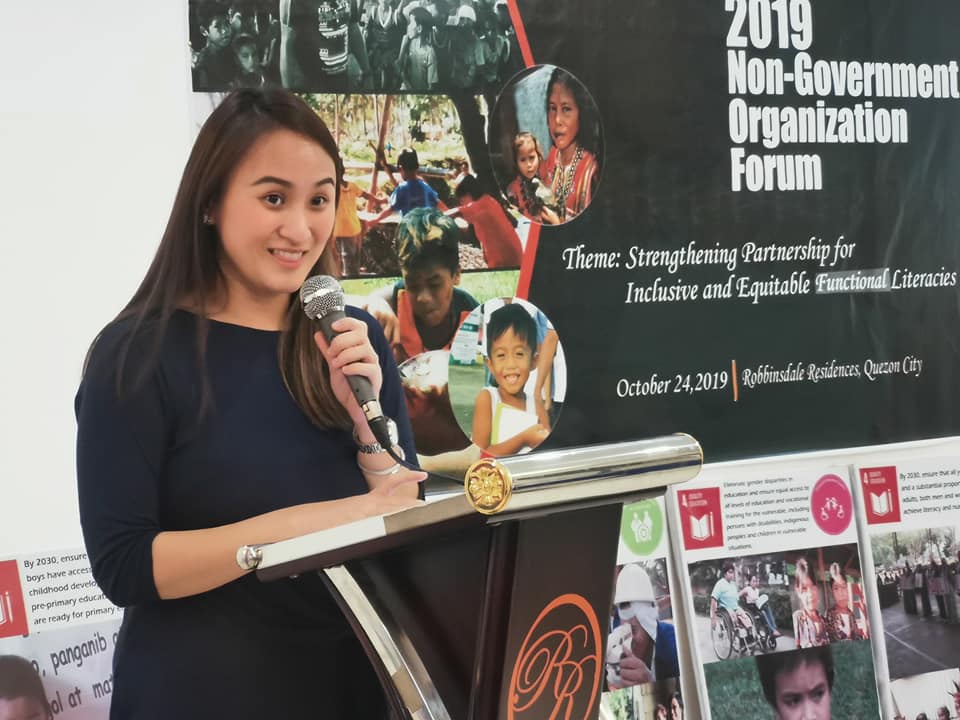
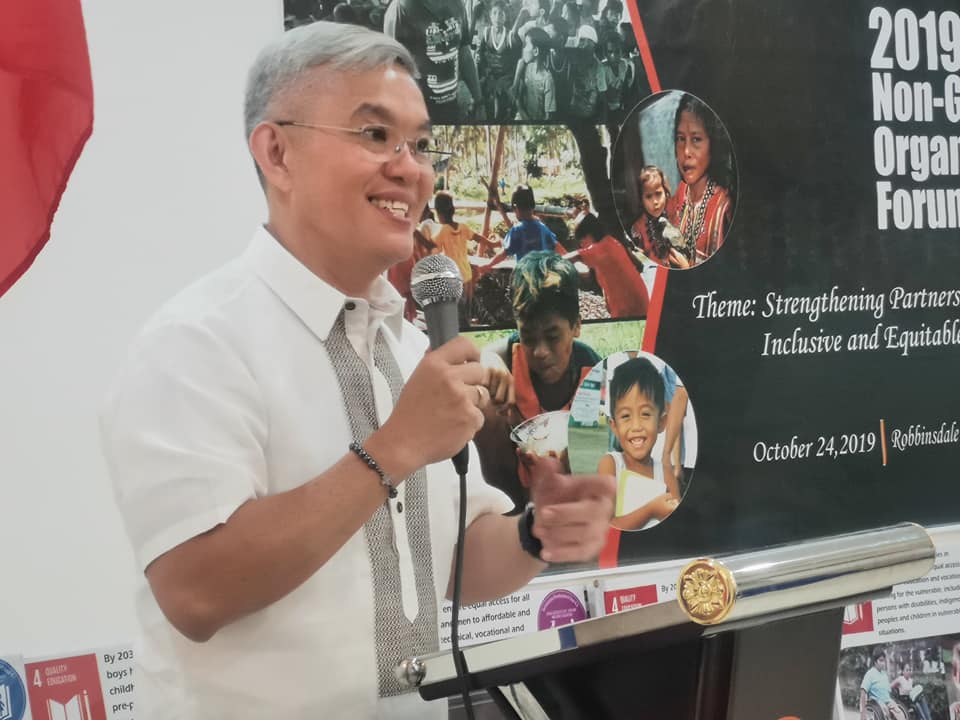
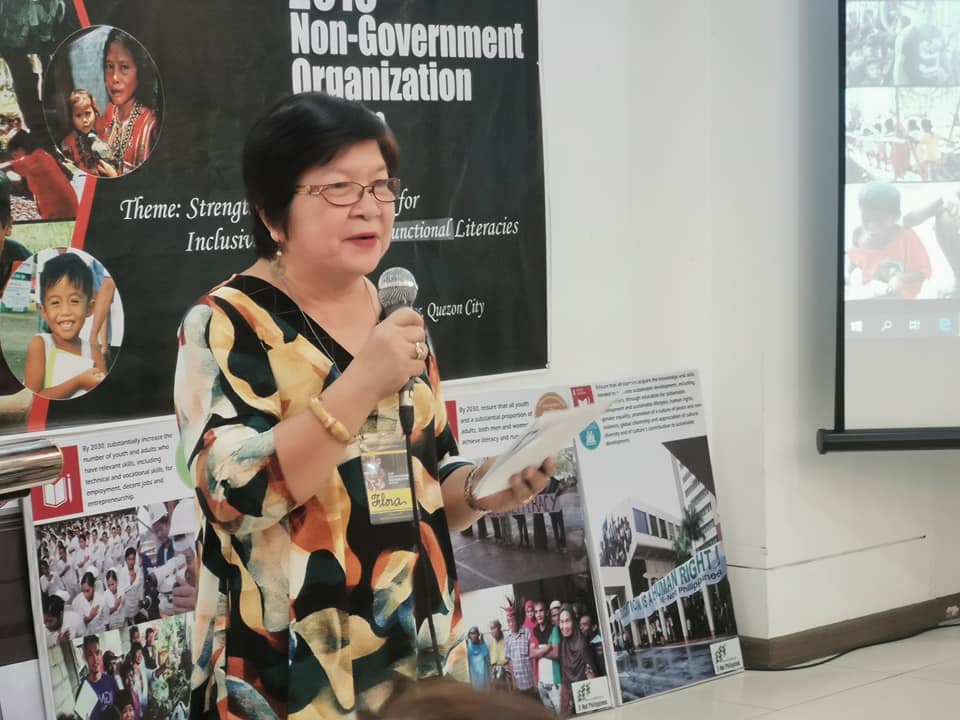
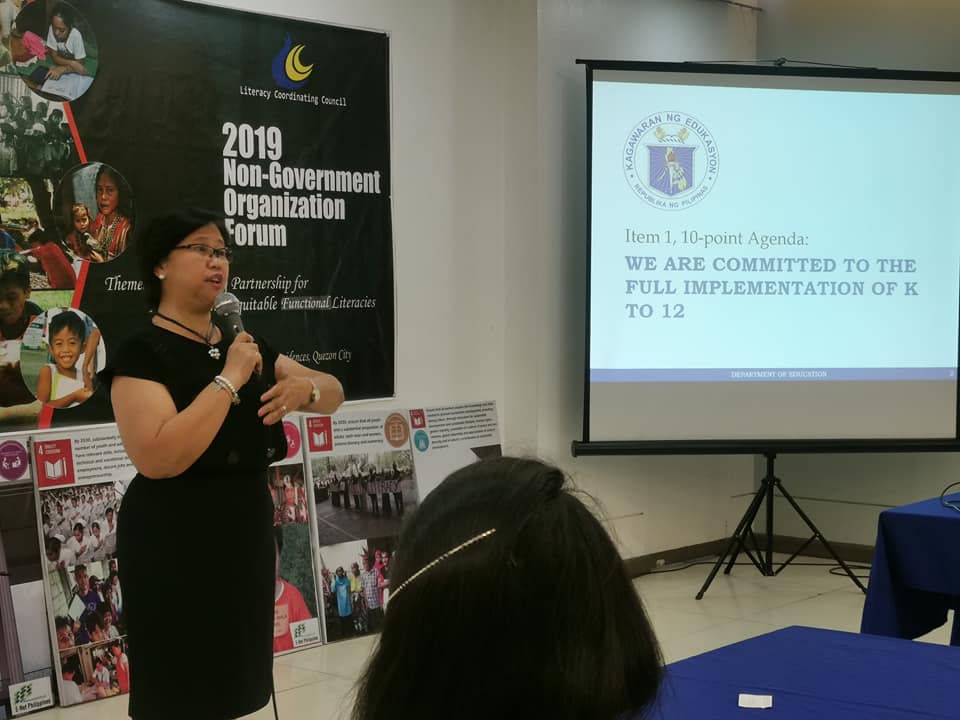

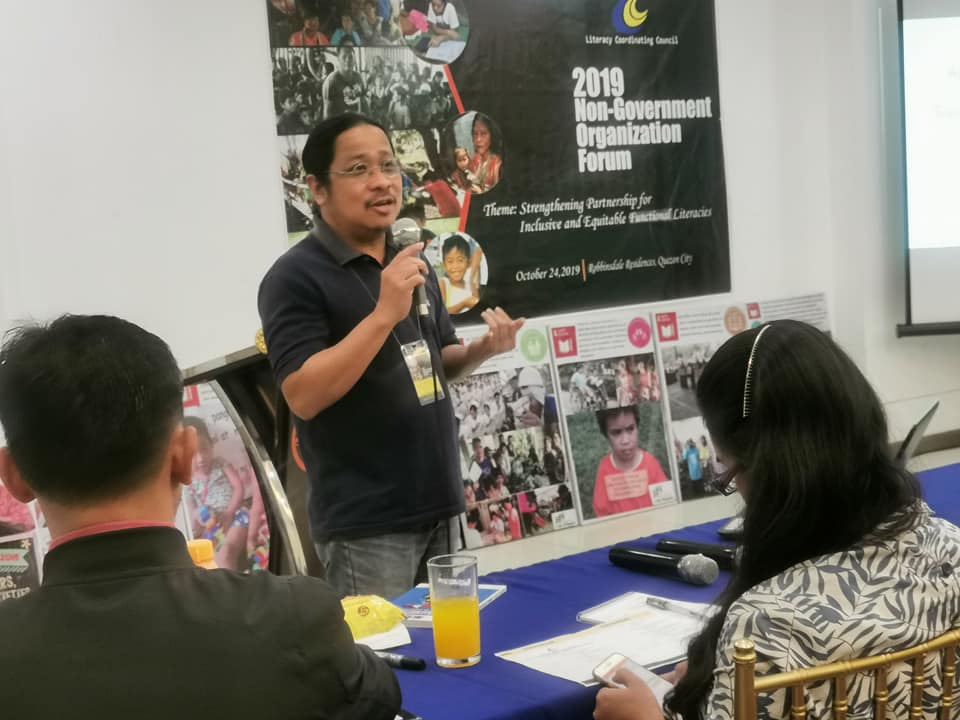
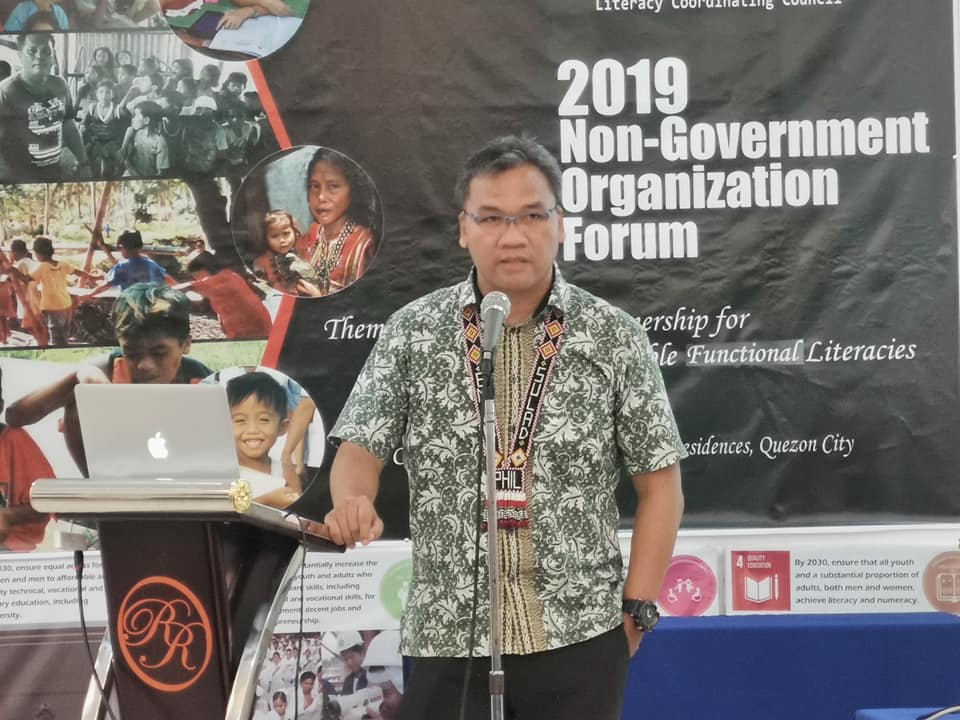
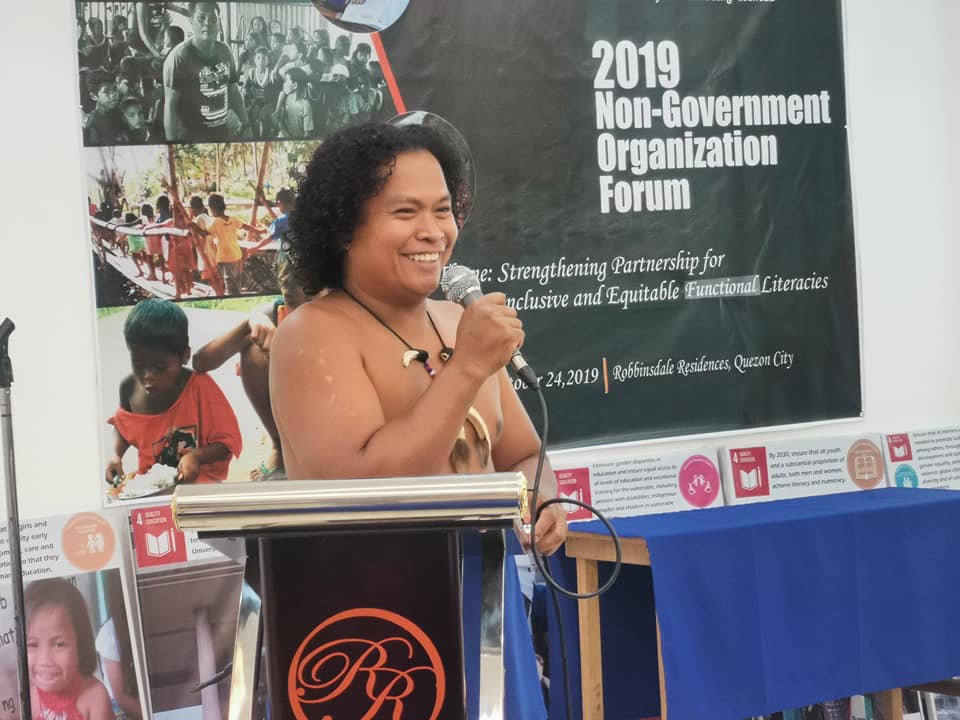
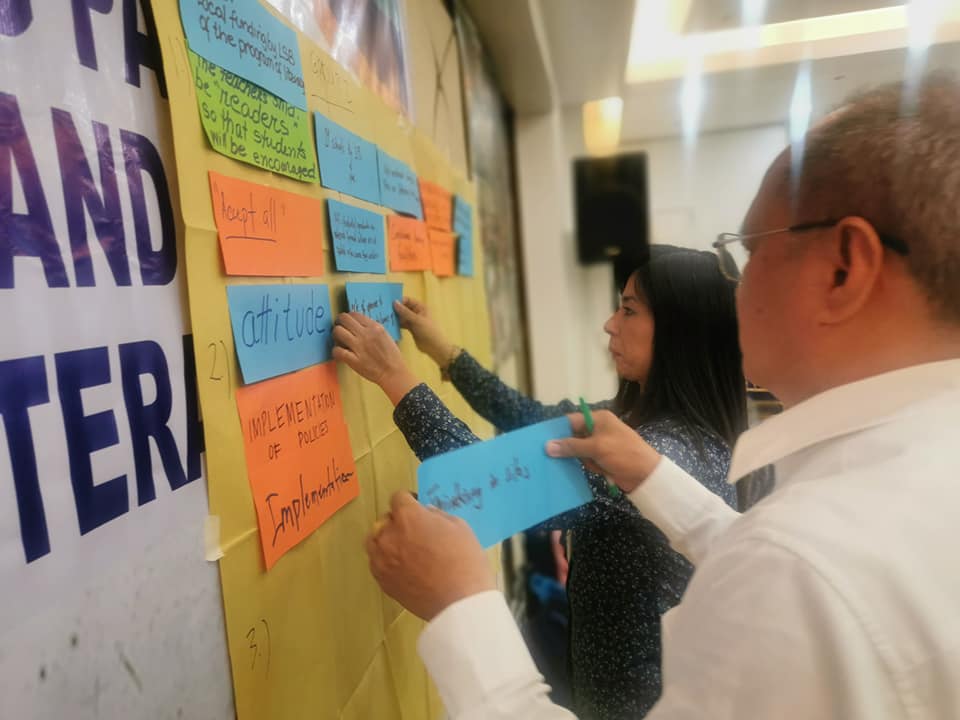

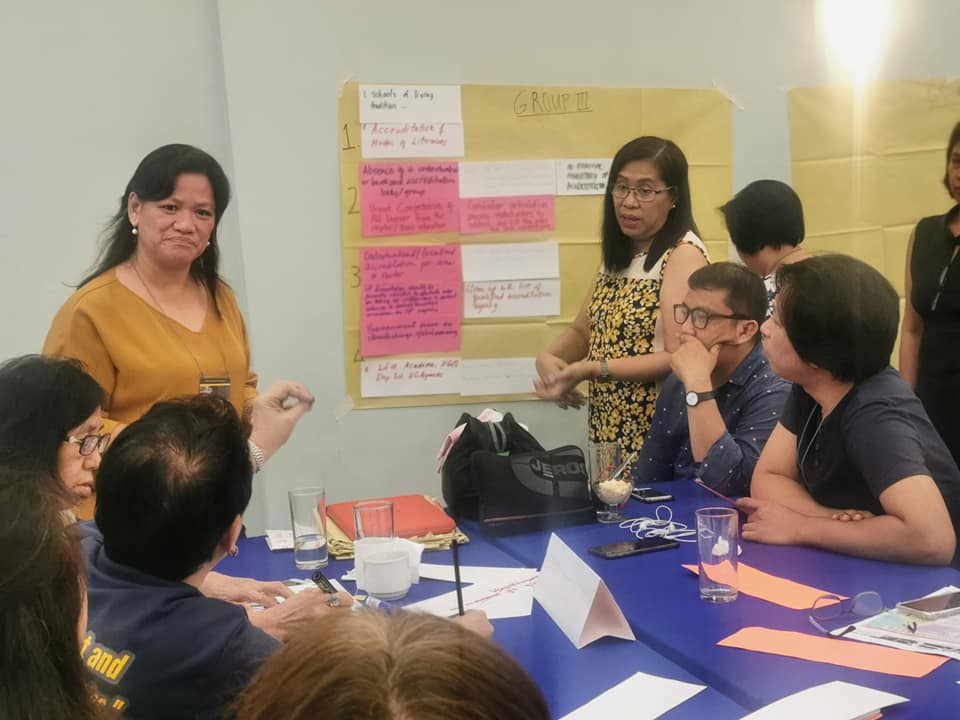

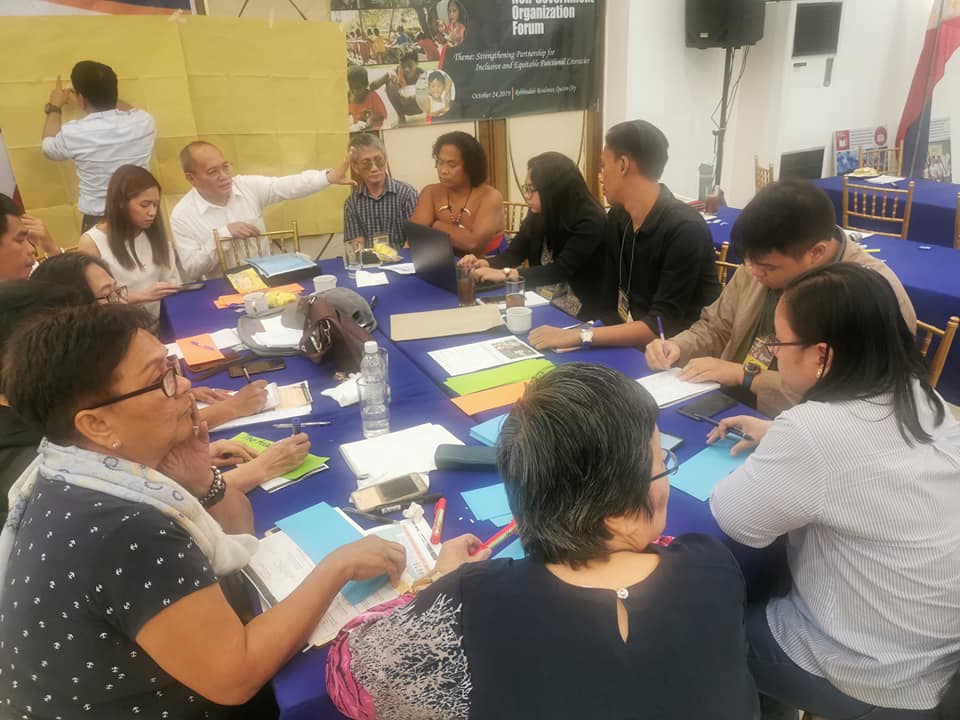
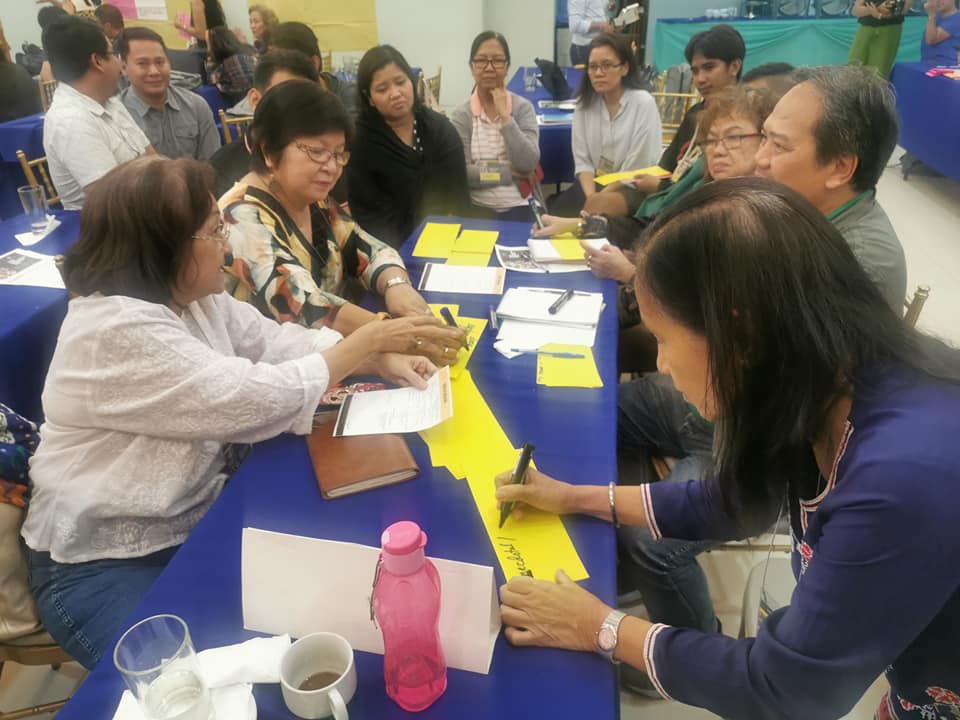
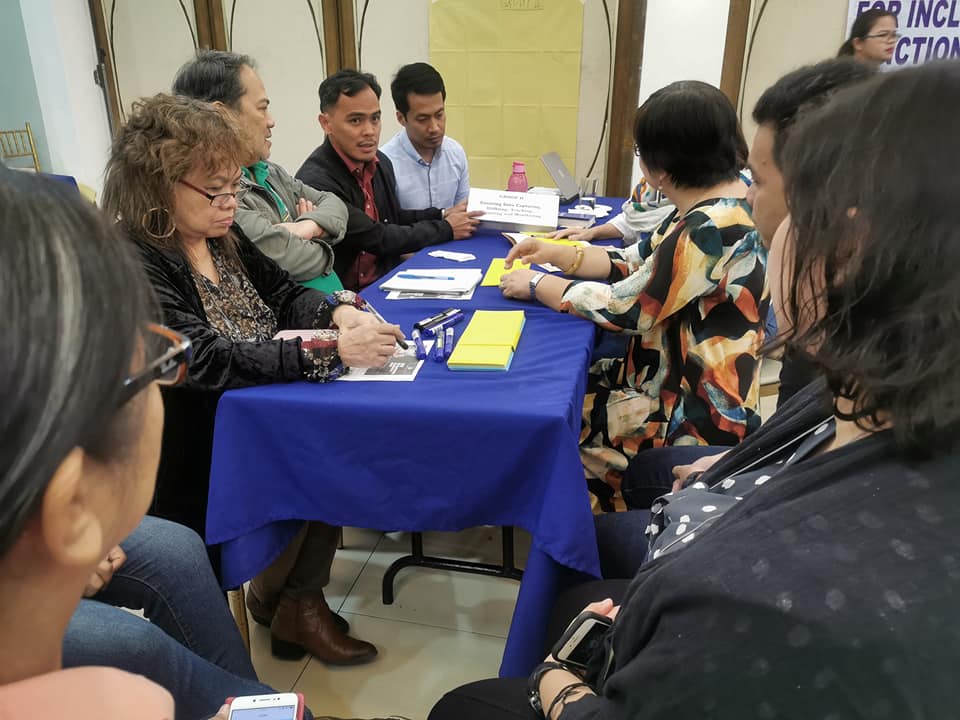
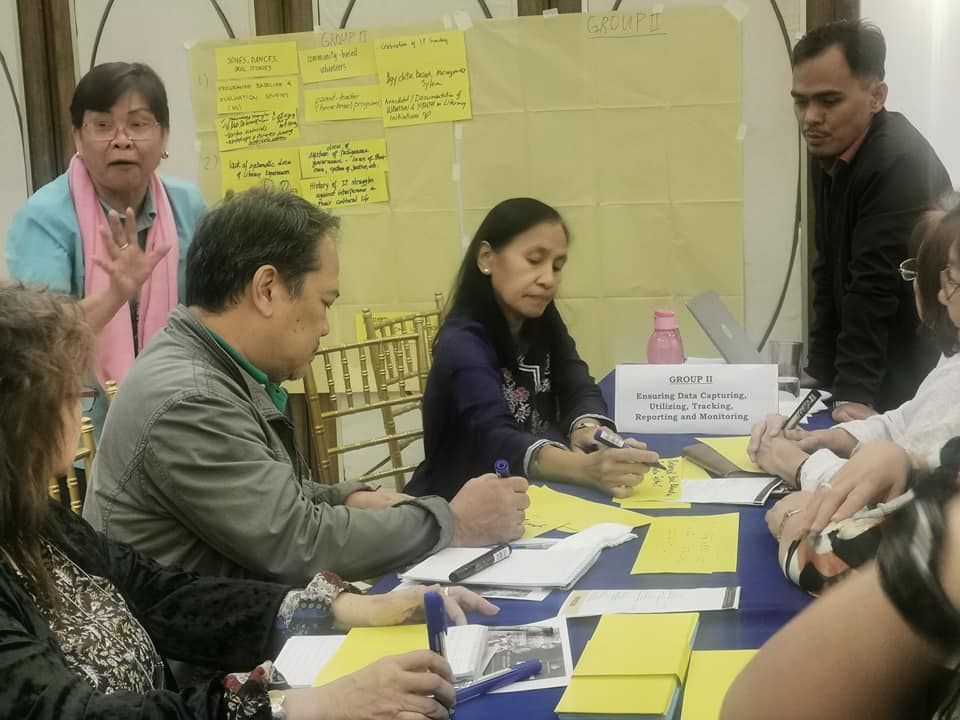
What are the main objectives of the Inclusive Literacy Program and what will be the outcomes?